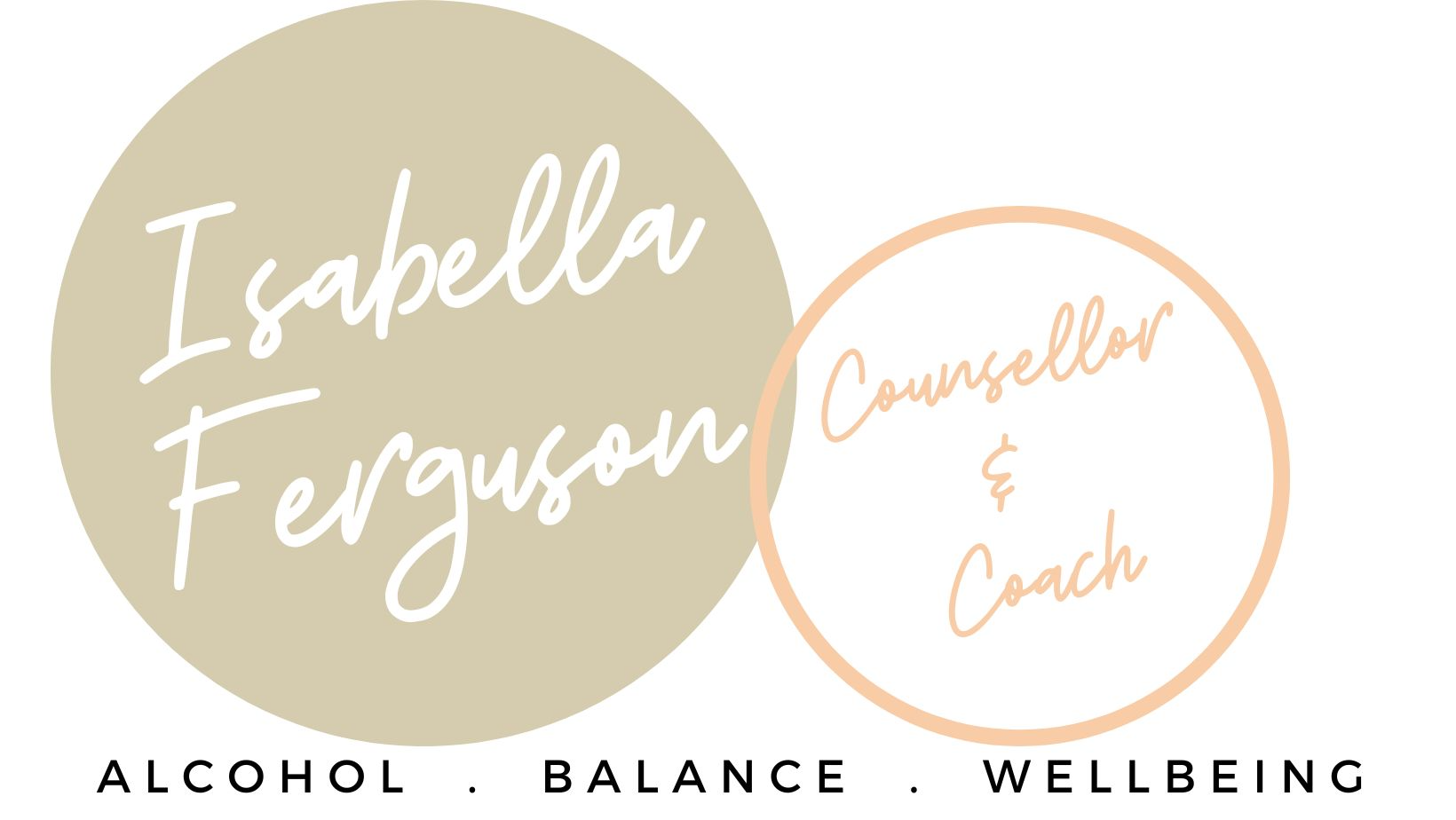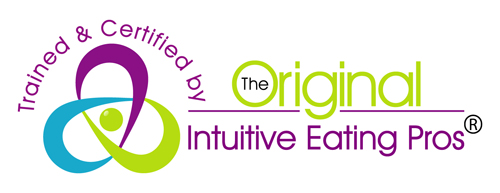Stress Less by Silencing Your Inner Critic: Tools for Positive Self-Talk
Do you struggle with a relentless inner critic that often dictates your actions and feelings? You are not alone. Many of us grapple with negative self-talk, often without realizing its profound impact on our lives. The good news is, we can harness the power of positive self-talk to rewrite our inner dialogue and transform our lives. This was the central theme of my recent De-Stress for Success podcast episode.
Negative self-talk is the internal dialogue that tends to put us down. It can be a formidable force that sparks a cascade of stress responses in our bodies, leading to feelings of anxiety, self-doubt, and even self-fulfilling prophecies. On the flip side, positive self-talk can inspire feelings of confidence, resilience, and motivation. The key is to understand this internal monologue and learn how to control it effectively.
Our internal monologue, also known as self-talk, is a powerful determinant of our emotions and behaviors. When we entertain persistent and harsh self-criticism, it triggers a range of stress responses. The amygdala, a small structure deep within the brain that processes emotions, perceives these self-critical thoughts as real threats, setting off a stress response. This can result in a vicious cycle of negative thoughts, emotions, and behaviors.
But how do we combat this common mental battle? The first step is to recognise and understand our inner dialogue. By identifying patterns and triggers in our self-talk, we can begin to rewire our brains for more positive thinking. Practical strategies include meditation, breathwork, positive affirmations, and nurturing supportive relationships. These tools can help us observe our thoughts without judgment, leading to a more positive and empowering thought process.
Moreover, understanding the roots of negative self-talk is crucial. These thought patterns often stem from early childhood experiences, traumatic events, societal pressures, or a lack of self-compassion. By identifying these sources, we can challenge and change our negative beliefs.
Another important aspect is recognising that we are not our thoughts. We are the observers of our thoughts. By observing our thoughts without identifying with them, we can gain a sense of detachment from the inner dialogue. This enables us to let go of self-critical thoughts and replace them with more positive and empowering ones.
In the end, it’s about empowering ourselves. It’s about rewriting our inner monologue and shaping our future in the direction we desire. By consciously practicing positive self-talk, we can transform our inner dialogue and consequently, our lives.
Remember, changing your inner dialogue is not a one-time effort. It requires consistent practice and mindfulness. But with intentional effort, we can reshape our neural pathways, foster more positive thoughts, and ultimately, lead a more fulfilling life. It’s time to silence your inner critic and embrace a more positive and empowering thought process.
Please reach out and book in a free 30 minute confidential chat if you would like support to stress less or drink less: https://isabellaferguson.com.au/booking/














